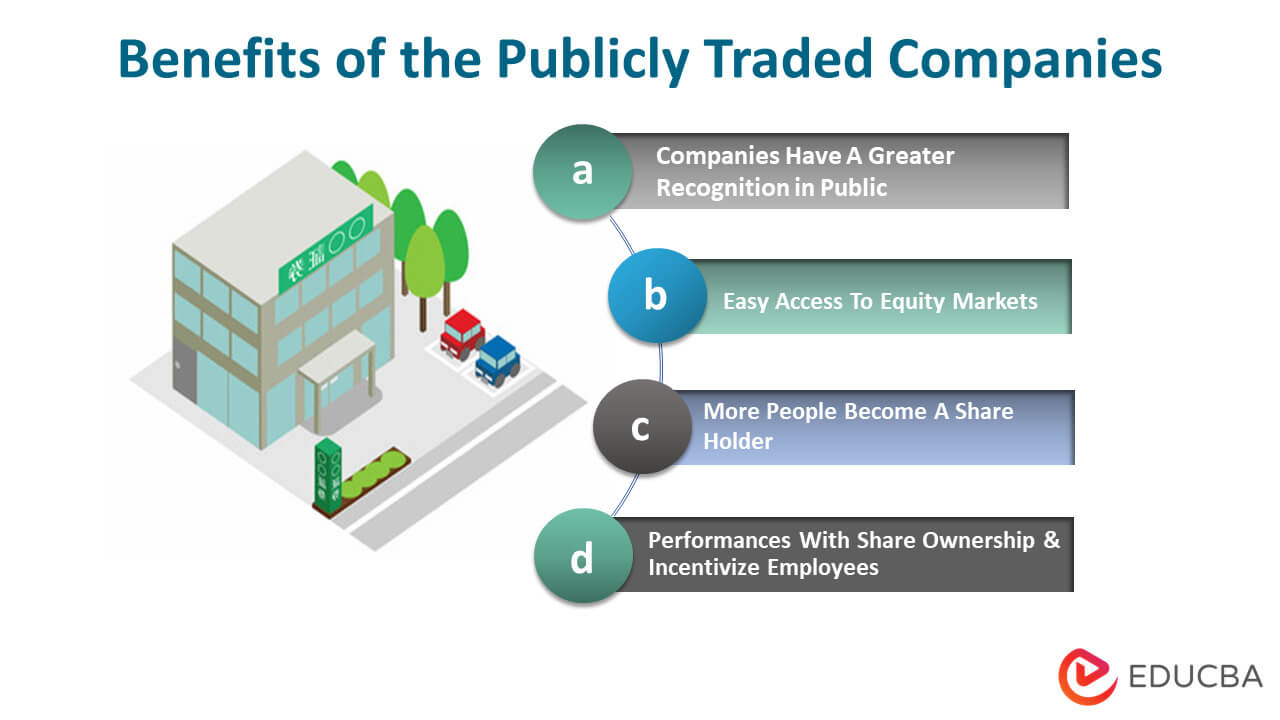Are Business Development Companies Publicly Traded?

Introduction
Business Development Companies (BDCs) play a vital role in the financial landscape by providing capital to small and mid-sized businesses that may struggle to access traditional financing. Understanding whether BDCs are publicly traded is essential for investors looking to diversify their portfolios and capitalize on potential growth opportunities. In this article, we will explore what BDCs are, their operations, and the implications of their public trading status. By the end, you'll gain insights into how BDCs function within the stock market and their benefits and drawbacks for investors.
What Are Business Development Companies?
Definition and Purpose
Business Development Companies are specialized investment firms that primarily focus on funding small and medium enterprises (SMEs). They aim to foster growth in the economy by offering:
- Debt and Equity Investments: BDCs provide loans, equity financing, and other financial support to growing companies.
- Investment Opportunities: They serve as a channel for investors to gain exposure to a diversified portfolio of small businesses.
Regulatory Framework
BDCs are regulated under the Investment Company Act of 1940, which allows them to operate with a unique tax structure. They are required to distribute at least 90% of their taxable income to shareholders, making them attractive for income-seeking investors.
Are BDCs Publicly Traded?
Public vs. Private BDCs
Yes, many Business Development Companies are publicly traded on major stock exchanges, such as the New York Stock Exchange (NYSE) and the NASDAQ. This provides investors with several advantages:
- Liquidity: Publicly traded BDCs allow for easier buying and selling of shares compared to private BDCs.
- Transparency: Public companies are subject to stringent reporting requirements, offering investors insight into their financial health and operations.
Examples of Publicly Traded BDCs
Here are some notable publicly traded BDCs:
- Ares Capital Corporation (ARCC): One of the largest BDCs, offering a diverse portfolio of investments.
- Prospect Capital Corporation (PSEC): Known for its high dividend yields, Prospect invests in a variety of sectors.
- Main Street Capital Corporation (MAIN): Focuses on providing debt and equity capital to lower middle-market companies.
Should You Invest in Publicly Traded BDCs?
When considering investment in publicly traded BDCs, several factors come into play:
- Dividend Yields: Due to their income distribution requirement, BDCs often provide attractive dividends, appealing to income-focused investors.
- Market Volatility: Like all publicly traded securities, BDCs can be subject to market fluctuations, so understanding their risk profile is crucial.
- Economic Conditions: BDCs are sensitive to economic cycles, as their performance is tied to the health of the businesses they fund.
Advantages of Investing in Publicly Traded BDCs
Income Generation
Investors often turn to BDCs for their ability to generate consistent income through dividends. Because they are required to distribute a large portion of their earnings, they can offer yields that are competitive with other asset classes.
Portfolio Diversification
Investing in BDCs provides an opportunity to diversify a portfolio by gaining exposure to sectors that may not be easily accessible through traditional equity investments. This can reduce overall portfolio risk.
Growth Potential
BDCs often invest in early-stage companies with high growth potential. As these businesses expand, the BDCs may see significant capital appreciation, benefitting their investors.
Risks Associated with Publicly Traded BDCs
Market Risk
Investments in publicly traded BDCs are subject to market risks, including price volatility and fluctuations due to broader economic conditions. Investors should be prepared for potential price swings.
Credit Risk
Since BDCs invest in smaller companies, there is an inherent credit risk. These businesses may face financial challenges that could impact their ability to repay loans or provide returns on equity investments.
Regulatory Risks
Changes in regulatory frameworks or tax laws can impact the operations of BDCs. Investors should stay informed about legislative changes that could affect their investments.
Conclusion
In summary, Business Development Companies (BDCs) are indeed publicly traded entities that offer unique investment opportunities for those looking to diversify their portfolios and generate income. While they provide significant benefits, such as attractive dividends and exposure to small businesses, they also come with risks that investors must consider. Before investing, it's crucial to conduct thorough research and understand both the potential rewards and the risks involved. With the right approach, publicly traded BDCs can be a valuable addition to your investment strategy.
Call to Action
If you're considering adding BDCs to your investment portfolio, start by researching individual companies and reviewing their performance metrics. Speak with a financial advisor to determine if investing in publicly traded BDCs aligns with your financial goals and risk tolerance.



Comments ()